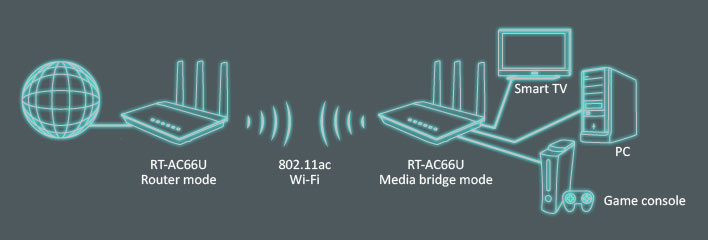So I have been having issues with connecting to my wireless network for about a month now and I can't figure it out. So every other device in the house works fine, but my gaming computer. I only have like 8 devices connected on my Grande issued router. I have tried flushing the DNS, Forgetting the network, uninstalling the wifi drivers, installing new wifi drivers, just about everything. I want to say it's my USB Adapter, but seeing that I am typing to you just fine on a hotspot network and Tried it on a buddy's home network and it works just fine? It will sometimes connect for a couple of hours and then disconnects and I try for hours to get it back working.
My Specs
Intel I7 8700K
Nvidia GTX 1070 Ti
Linksys WUSB 6300 USB Wirless Adapter
MSI Tomahawk Z370 Motherboard
My Specs
Intel I7 8700K
Nvidia GTX 1070 Ti
Linksys WUSB 6300 USB Wirless Adapter
MSI Tomahawk Z370 Motherboard
Last edited:


 . Right now it is connected to the router, so what you and bill001g said may be true about the repeater. A am just too scared to turn it off and all my devices on my repeater at 5Ghz not work anymore
. Right now it is connected to the router, so what you and bill001g said may be true about the repeater. A am just too scared to turn it off and all my devices on my repeater at 5Ghz not work anymore